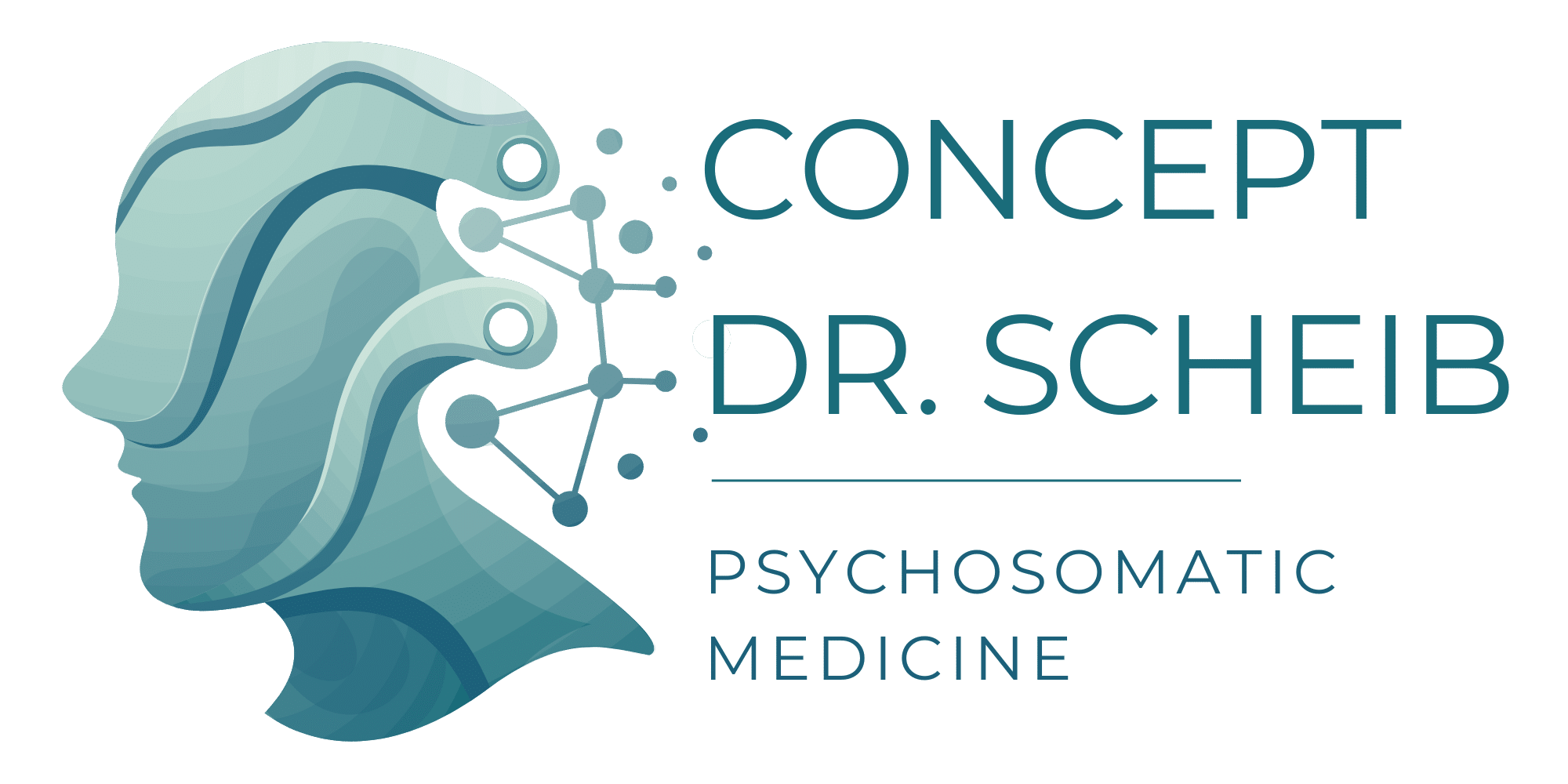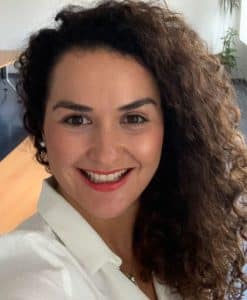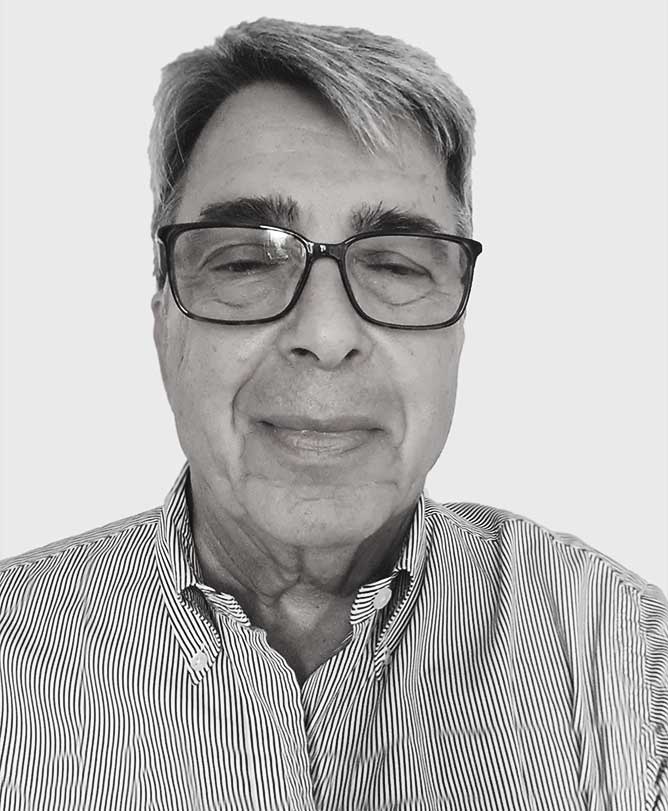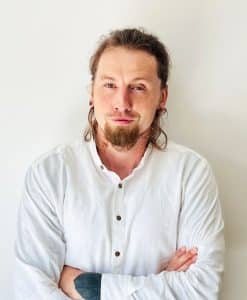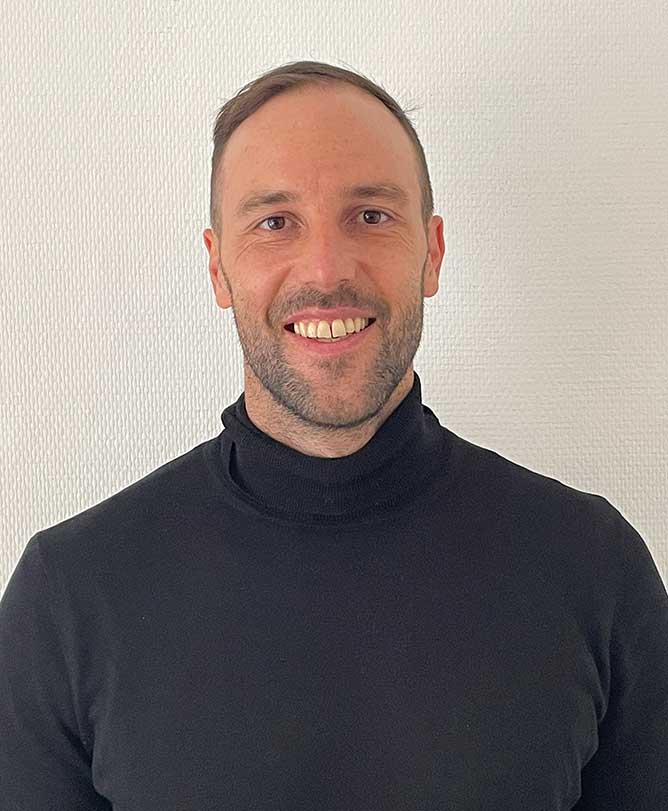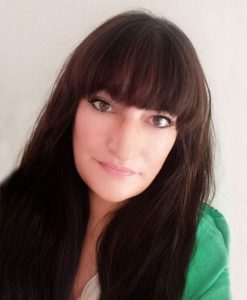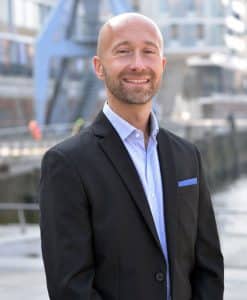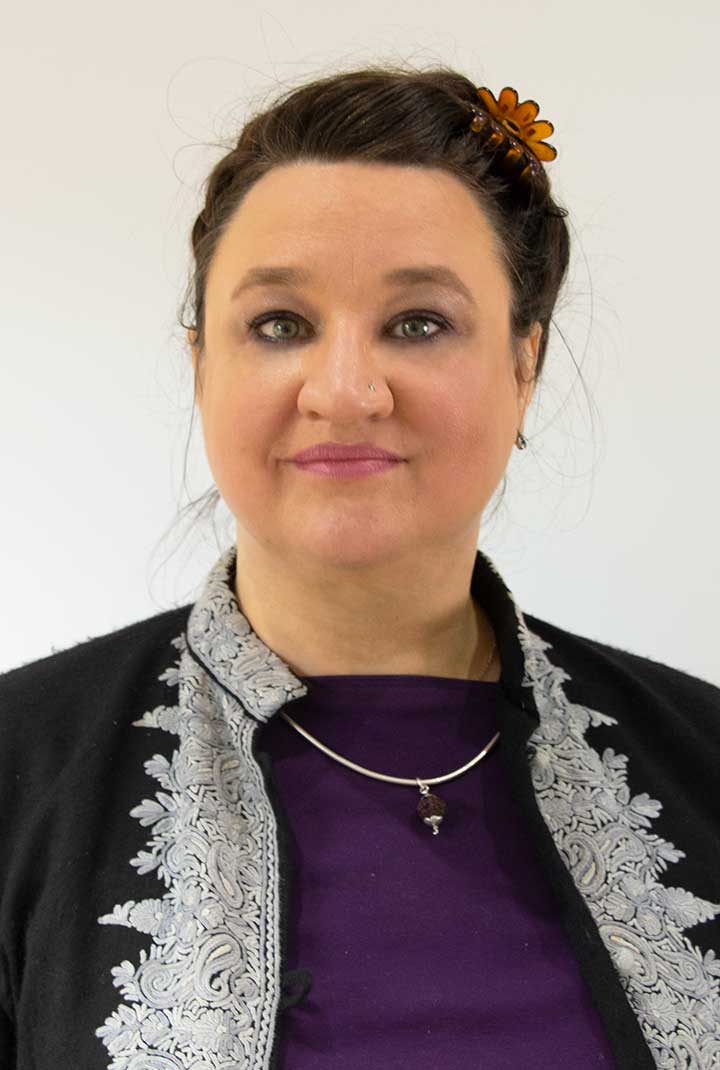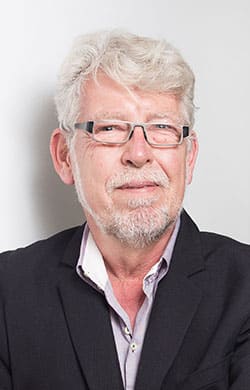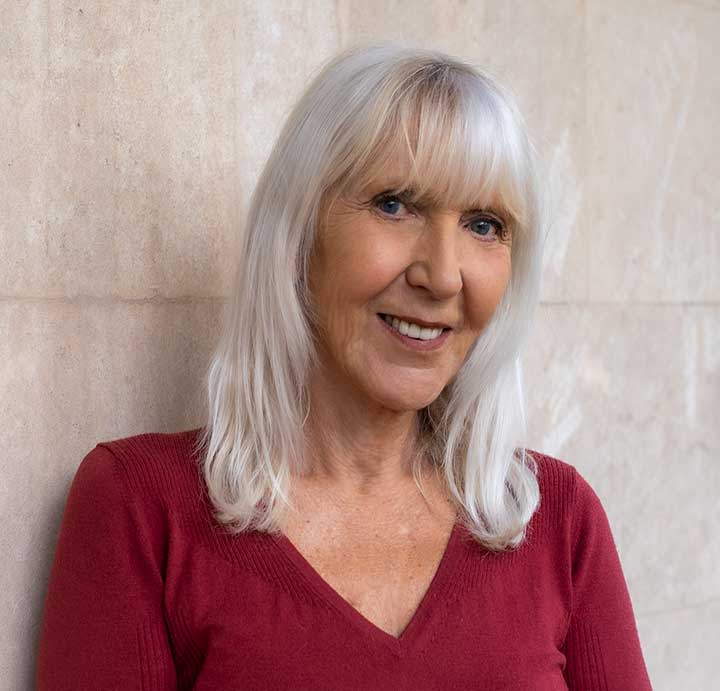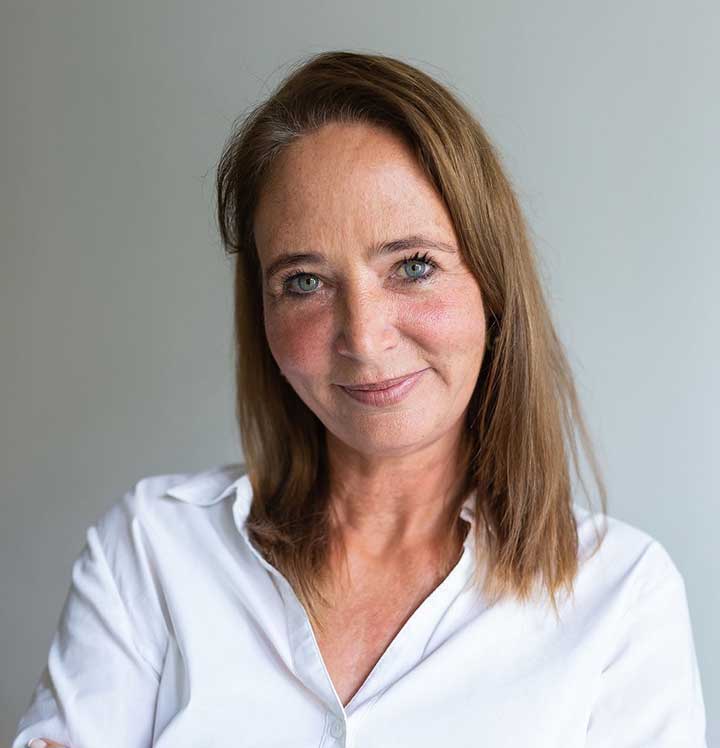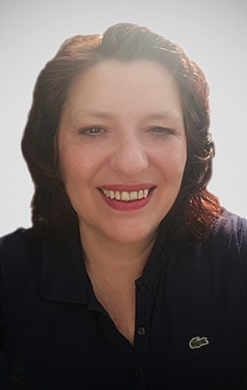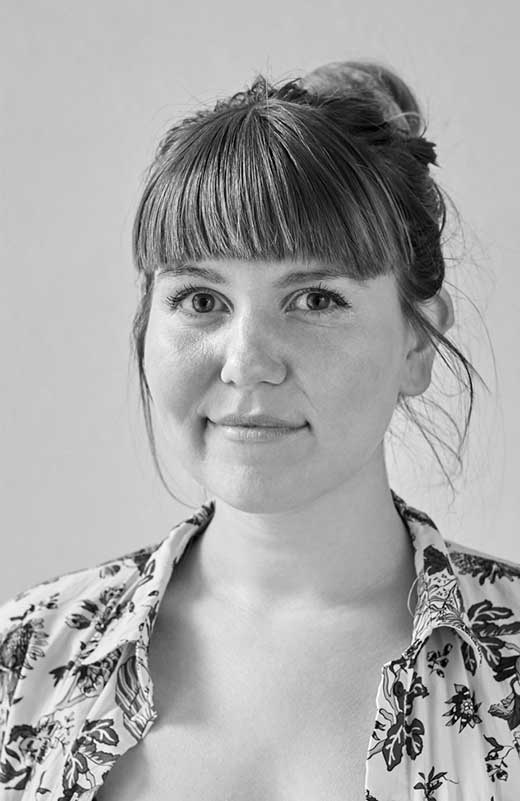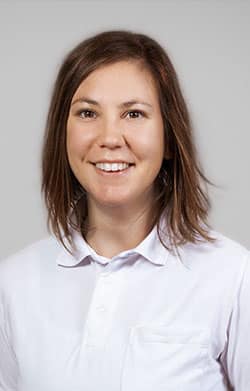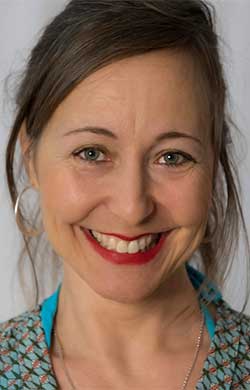Substance dependence: treatment of alcohol and drug addiction
Treatment of substance dependence with
ketamine therapy and rTMS
Addiction and substance dependence is different for each individual. There is substance-related dependence or harmful use for alcohol, tobacco, cocaine or other drugs. Addictive gambling or other addictive behaviors are also treated as addictions. Treatment for substance dependence is determined by the patient’s goals for therapy and his resources. We provide individualized therapy for dependence that addresses substance use management as well as treatment for a possible underlying condition (anxiety disorder, chronic pain, or sleep disorders). Therapy goals can include complete abstinence as well as controlled use.
In the case of substance dependence, withdrawal treatment at our clinic in Mallorca or at another hospital may be appropriate. In any case, intensive psychotherapy should be started at this stage, which is then continued directly afterwards on an outpatient basis. Depending on the substance, this inpatient stay usually lasts only a few days.
Most patients with addictive disorders have underlying conditions, such as depression, anxiety disorders, ADHD or personality disorders. If these are not treated, stable long-term results cannot be achieved. Comprehensive diagnostics are therefore particularly important.
Complementary therapies for addiction and dependence
The further procedure in our addiction therapy depends on the type of addiction. Just a few years ago, alcohol dependence was considered a contraindication to ketamine treatment. Recent studies show that ketamine infusions and behavioral therapy or even hypnosis seem to be able to overwrite the addiction memory even in alcoholics. There is similar experience with opiate addiction and with cocaine abuse. In the case of cocaine, there is also the fact that withdrawal is often followed by severe depression, which can hardly be treated with other methods, but usually responds well to ketamine.
In addition, we use repetitive transcranial magnetic stimulation (rTMS) in addiction therapy. This can significantly reduce the craving in many patients. Even in the case of concurrent depressive symptoms, rTMS shows a significant improvement.
Neurofeedback and HRV biofeedback are also helpful, as are non-apparative relaxation methods. We decide together with our patients which methods are most likely to be helpful.
However, a central component in the treatment of substance dependence and addiction is always intensive psychotherapy. Through it new, healthier lifestyle habits are established together with the patient. The causes of the addiction, such as depression or anxiety disorders, are treated.
The use of a so-called anti-craving medication such as Nalmefene, Naltrexone, acamprosate or Baclofen helps our patients during addiction therapy to reduce the desire to use substances again.
Our therapy for substance dependence is complemented – especially in our inpatient and day hospital therapies – by individualized sports and exercise therapy to promote a new body experience.
Make an appointment for a psychotherapeutic evaluation by our therapists:
New form of treatment for alcohol dependence – ketamine infusions plus hypnosis & psychotherapy
Based on new studies, we also use a special form of ketamine therapy. This involves overwriting the addiction memory with a combination of ketamine infusions and behavioral therapy.
We treat patients with harmful or addictive alcohol use in an absolutely discreet, high-intensity, multimodal, one-on-one manner. The most modern findings of addiction research are applied. Stable results can be achieved after a very short time. This distinguishes our therapy concept considerably from that of conventional addiction clinics.
Diagnostics for dependency
- Is there a dependency syndrome?
- Are there any underlying psychiatric or somatic diseases or secondary diseases?
- How is the consumption behavior in the family and work environment?
- What is the patient motivated to do?
- Reduction of drinking quantity, sequential or permanent abstinence?
- What resources does the patient have?
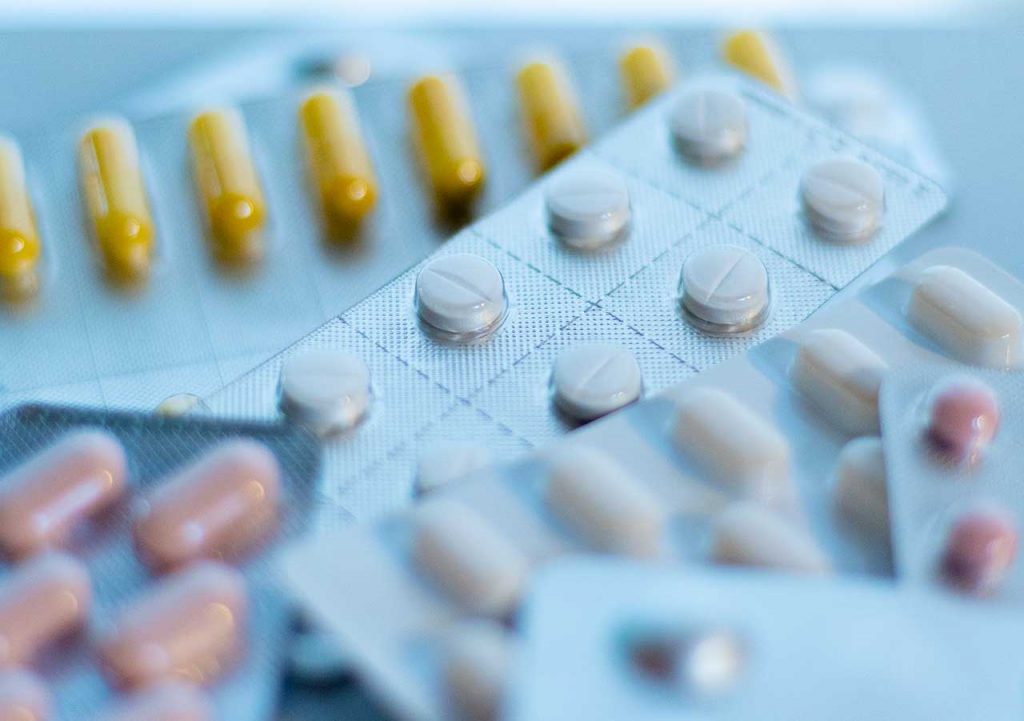
Treatment of addiction in trauma patients
Often, sufferers of post-traumatic stress disorder (PTSD) try to self-medicate their symptoms with alcohol, cannabis, opiates, benzodiazepines or other drugs. Many people with addiction disorders or chronic pain syndromes actually suffer from unrecognized and untreated PTSD. Not infrequently, these are people who do not want to admit to themselves that they have been “weak”: soldiers, firefighters, emergency physicians. Sometimes the relatives notice first how the person gradually changes. Social withdrawal, partnership problems, increasing alcohol and drug consumption are typical effects. The risk of suicide is also significantly increased in post-traumatic stress disorder.
Especially here, specific trauma therapy, such as EMDR (Eye Movement Desentitization) is required in addition to addiction treatment. We ensure that all necessary therapy modules are applied to our patients.
All possible procedures
- Ketamine therapy
- Hypnosis
- Behavioural therapy (also in virtual reality, if necessary)
- EMDR (Eye movement desensitization and reprocessing) Trauma therapy
- Psychodynamic Psychotherapy
- Neurofeedback
- HRV-Biofeedback and Biofeedback
- Repetitive transcranial magnetic stimulation (rTMS)
- Transcranial Direct current stimulation (tDCS)
- Autogenic Training progressive muscle relaxation, Yoga
- Sports therapy
- Equine therapy
Not all procedures are offered at all locations yet. Please contact us for finding the best personalised therapy plan for you.
F.A.Q. Ketamine treatment
Frequently asked questions about our Ketamine treatment
For privately insured patients, treatment is usually covered – depending on the contract. For patients with statutory german health insurance, the decision is often made on a case-by-case basis. If a depression has already been treated several times without success, it is called therapy-resistant depression. In this case, the chances are good of the costs being covered or at least a contribution to the costs is approved.
We are currently the only center in Europe where ketamine therapy, rTMS and intensive psychotherapy are offered simultaneously.
Ketamine is also used in the drug scene – but in a much higher dosage and not as a continuous infusion, but as a single dose. At this dosage, the depth of the trance cannot be controlled. Continuous use of high doses can cause chronic bladder infections.
There is no potential for dependence at the dosage used to treat depression and other conditions.
Ketamine has been an approved drug since 1970. When used for the treatment of depression, compulsions, etc., it is a so-called “off label” treatment. These therapies are common and legal, but are not always covered by health insurance.
